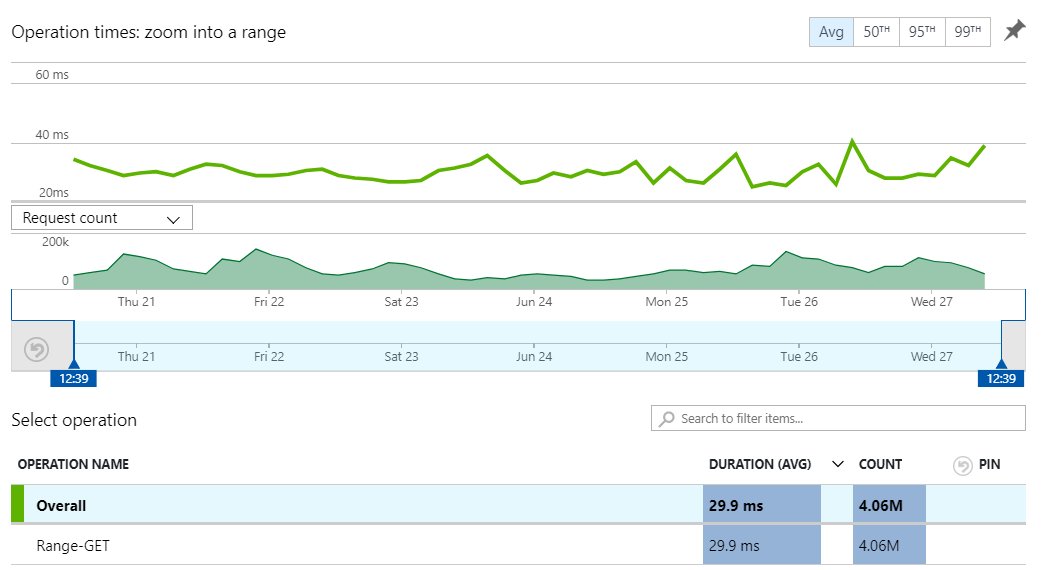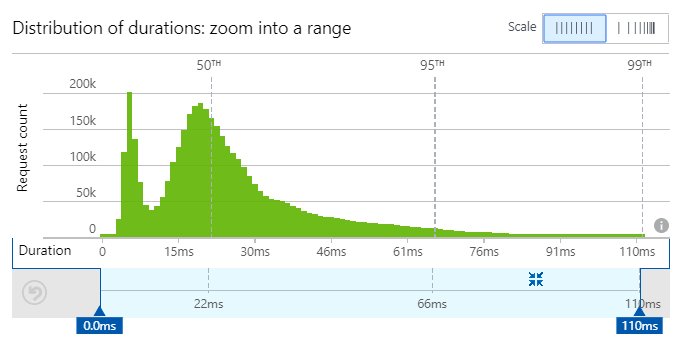I've had a heap of press and individual queries on Australia's #MyHealthRecord over the last week. This is essentially centralised electronic health records that everyone will get unless explicitly opting out. Here's my thoughts:
Firstly, we need to acknowledge there's upsides and downsides; I want the right people to have my health info should they need it (especially in an emergency), but clearly I don't want that info falling into the wrong hands either.
On the upsides: it's crazy how manual the processing of our health records is today. Think about the amount of paperwork in your GP's surgery or the material you literally carry around to specialists if you need them. Then consider how easily accessible this is in an emergency.
Electronic health records can make a big difference to the quality of information healthcare professionals have and that's damn important. Then there's access by carers and family which can be enormously valuable, so long as it's the right people accessing the information...
Which brings us to the downsides: there WILL be breaches. That doesn't always mean security flaws in the system (although certainly possible), that can also mean mistakes by healthcare professionals or people abusing privileged positions (i.e. Medicare data being sold last year).
Yes, there are access controls people can set but do you know how hard it is to even get someone to set a PIN on their phone let alone configure role-based access controls? Permissions will likely either be default or excessive.
Ultimately, we're all left with a decision: do we think the upsides might one day be beneficial enough to justify the risks. But we don't know what health events might happen or how useful the data will be, nor do we know how likely it is to go wrong and what the impact would be!
And the impact of it going wrong is important: if an unauthorised party has your health records, what happens? It could be social stigma if you have an STD, employment impact if you have HIV or just embarrassment if you have haemorrhoids!
The thing is, everyone's health record and their tolerance for disclosure (which is the real risk we're talking about here) is different. It's a deeply personal thing and I couldn't fault anyone for either staying in or opting out. I can't tell you what you should do.
Personally, I won't be opting out. But I'm conscious I also have the luxury of not presently having anything on my record which would harm me in any way should it be leaked. Paradoxically, those with complicated health issues also have the most to gain by NOT opting out.
Finally, I do feel the press I've seen is overly biased on the negative side (which is not unusual for the media!) We've seen so many recent data breach incidents that we're conditioned to expect the worst so I do get that, but I read very little about the important upsides.
References to gov system failures such as the 2016 census are rife and I get that (although that was an availability issue rather than one of disclosure), but of course only the BAD systems make the news and the successful ones go largely unreported. This leads to a biased view.
In summary, recognise both the positives and negatives, acknowledge the influences on how it's being reported and make your own call on it. It's your health record and you have control over your involvement in the program.
• • •
Missing some Tweet in this thread? You can try to
force a refresh










